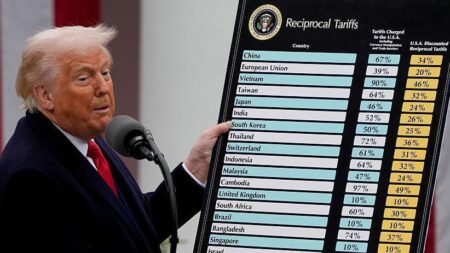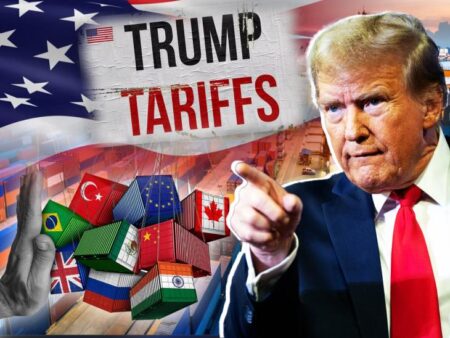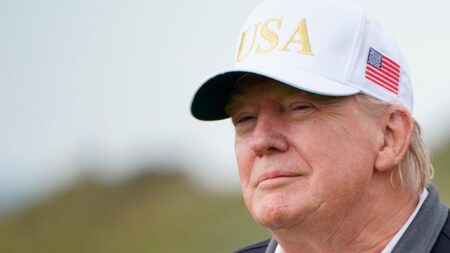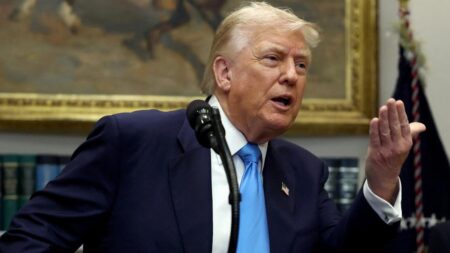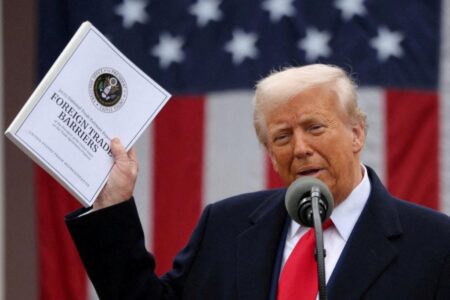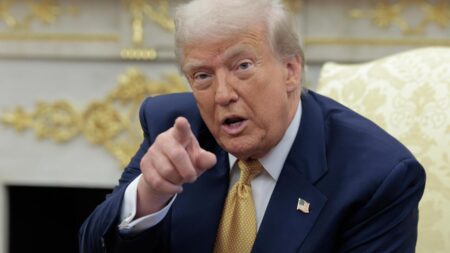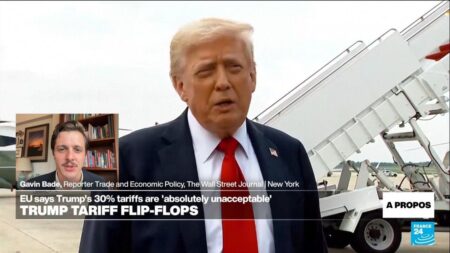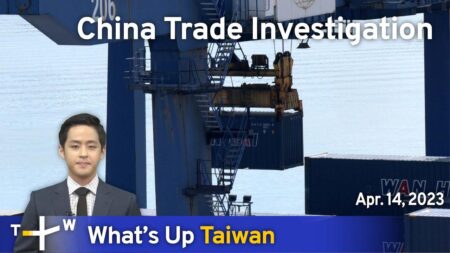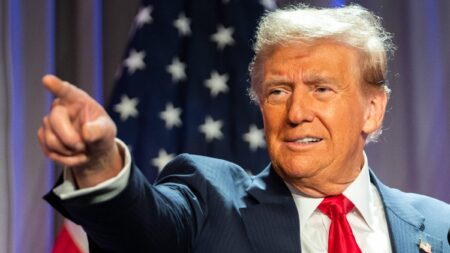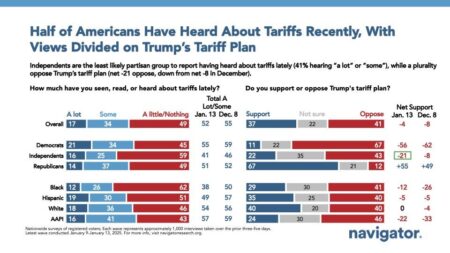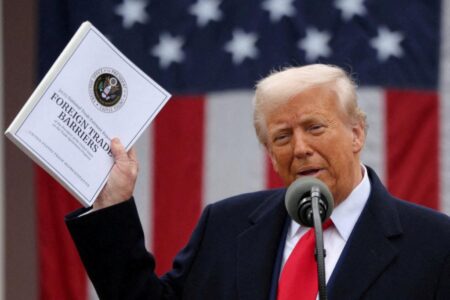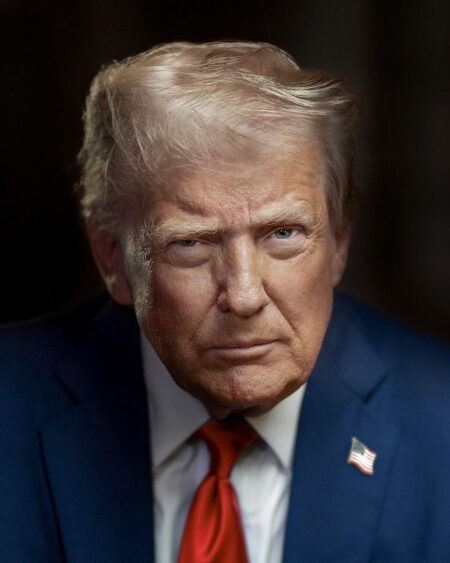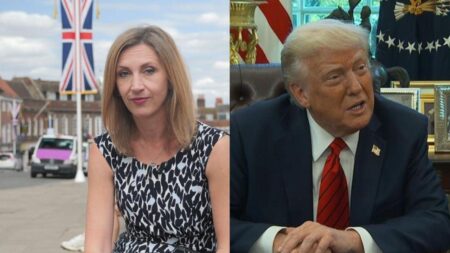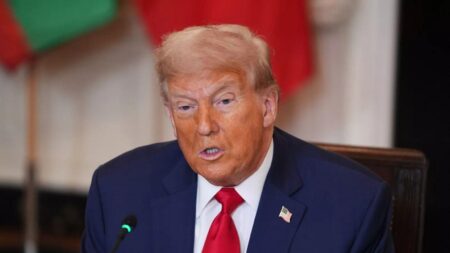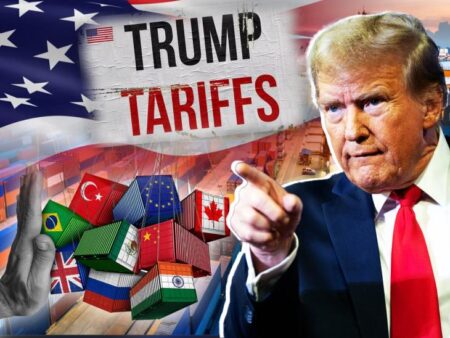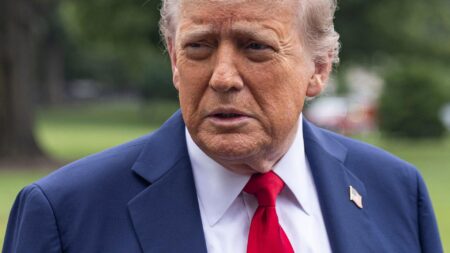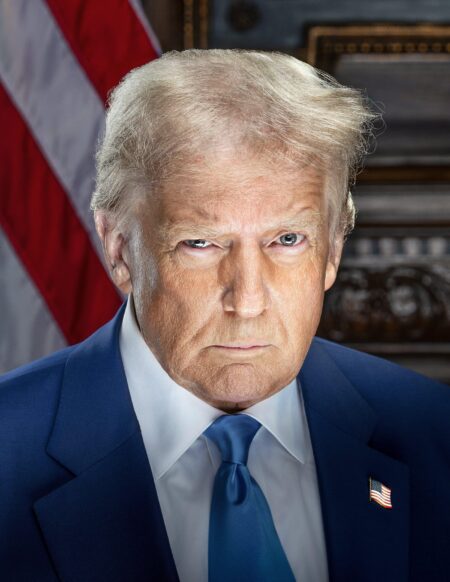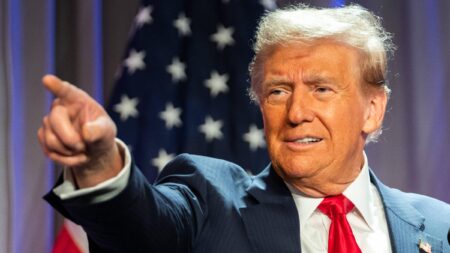No tariff pause emerged from the latest US-China trade talks, as tensions continue to simmer. Meanwhile, President Trump is preparing to impose new tariffs of 20-25% on Indian imports, intensifying the ongoing trade conflicts
Browsing: trade war
Former U.S. President Donald Trump has slammed Brazil with hefty tariffs and sanctions, striking back fiercely at the legal troubles surrounding former leader Jair Bolsonaro. This bold action has further escalated the growing tensions between the two nations, reports France 24
India voices strong concern as the US imposes a hefty 25% tariff on crucial exports, sparking fierce criticism of Trump’s trade policies. This bold action threatens to strain bilateral ties and disrupt economic cooperation, intensifying urgent demands for meaningful dialogue
Thursday Briefing: The New York Times uncovers President Trump’s aggressive tariffs on Brazilian imports, escalating trade tensions and raising alarms over potentially severe economic fallout for both nations
Trump-era tariffs are sending shockwaves through Brazil’s citrus industry, causing export delays and squeezing growers financially. These trade barriers have crushed demand and pushed costs higher, threatening the very foundation of the region’s agriculture
US tariffs imposed during the Trump era now cast a shadow over Brazil’s export-driven economy, endangering key industries like steel and agriculture. Experts warn that these measures could ignite trade disputes and stall growth in Latin America’s largest market
Trump’s hefty tariff on Brazilian goods is poised to disrupt US-Brazil trade relations, driving Brazil closer to China as it seeks fresh markets. This bold move marks a significant turning point in the global trade arena
Trump’s tariffs on Brazilian imports are set to push orange juice prices higher in the U.S., an importer warns. Although intended to protect domestic producers, this trade policy could lead to sharper price hikes for consumers
The Trump administration has launched a high-stakes trade investigation into Brazil, shining a spotlight on concerns over unfair practices and their potential impact on U.S. industries. This decisive action marks a significant escalation in the growing trade tensions between the two nations
President Trump has unleashed a bombshell threat to slap an eye-popping 35% tariff on Canadian goods-potentially doubling the fees compared to other countries-and intensifying the trade showdown between the U.S. and Canada, CNN reports
The Trump administration’s move to slap a 35% tariff on Canadian goods has ignited fierce tensions between the U.S. and Canada, pushing trade relations to a breaking point and sending shockwaves through industry leaders on both sides
Former U.S. President Trump has ramped up trade tensions by threatening Brazil with an eye-popping 50% tariff. The Atlantic Council explores how President Lula can skillfully navigate this challenge to protect Brazil’s economy and bolster its diplomatic ties
The U.S. has hit Brazilian goods with a hefty 50% tariff, citing economic concerns and escalating tensions linked to the trial of former ally Jair Bolsonaro, ramping up the trade battle between Washington and BrasÃlia
Former President Donald Trump is demanding an immediate stop to Bolsonaro’s trial and has imposed a hefty 50% tariff on Brazilian imports, escalating the growing tensions between the US and Brazil, reports The Guardian
President Trump’s bold decision to impose a 50% tariff on Brazilian imports signals a striking new era in trade policy, boldly declaring that no market or nation is beyond the reach of U.S. tariffs, Bloomberg reports
President Trump has announced a striking 35% tariff on Canadian goods, scheduled to kick in on August 1. He warned that even steeper tariffs could be imposed if Ottawa retaliates, escalating the fierce trade showdown between the U.S. and Canada
Former President Donald Trump is gearing up to impose a staggering 35% tariff on Canadian goods, intensifying the trade showdown between the U.S. and Canada, reports The Week. This daring move targets key industries, sending shockwaves through both countries
Former President Trump’s growing frustration over Brazil’s expanding ties with the BRICS bloc is reportedly driving his threat to slap a staggering 50 percent tariff on Brazilian imports, sources tell Politico. This daring move signals a dramatic escalation in trade tensions
Former President Trump has announced daring plans to impose a staggering 50% tariff on Brazilian goods, charging the U.S. government with conducting an unyielding ‘witch hunt’ against Jair Bolsonaro. This striking decision signals a major escalation in the already tense relations between the two nations
Former U.S. President Donald Trump has ramped up tensions with Brazil by threatening a staggering 50% tariff, further fueling the trade and diplomatic storm sparked by the trial of former Brazilian President Jair Bolsonaro

